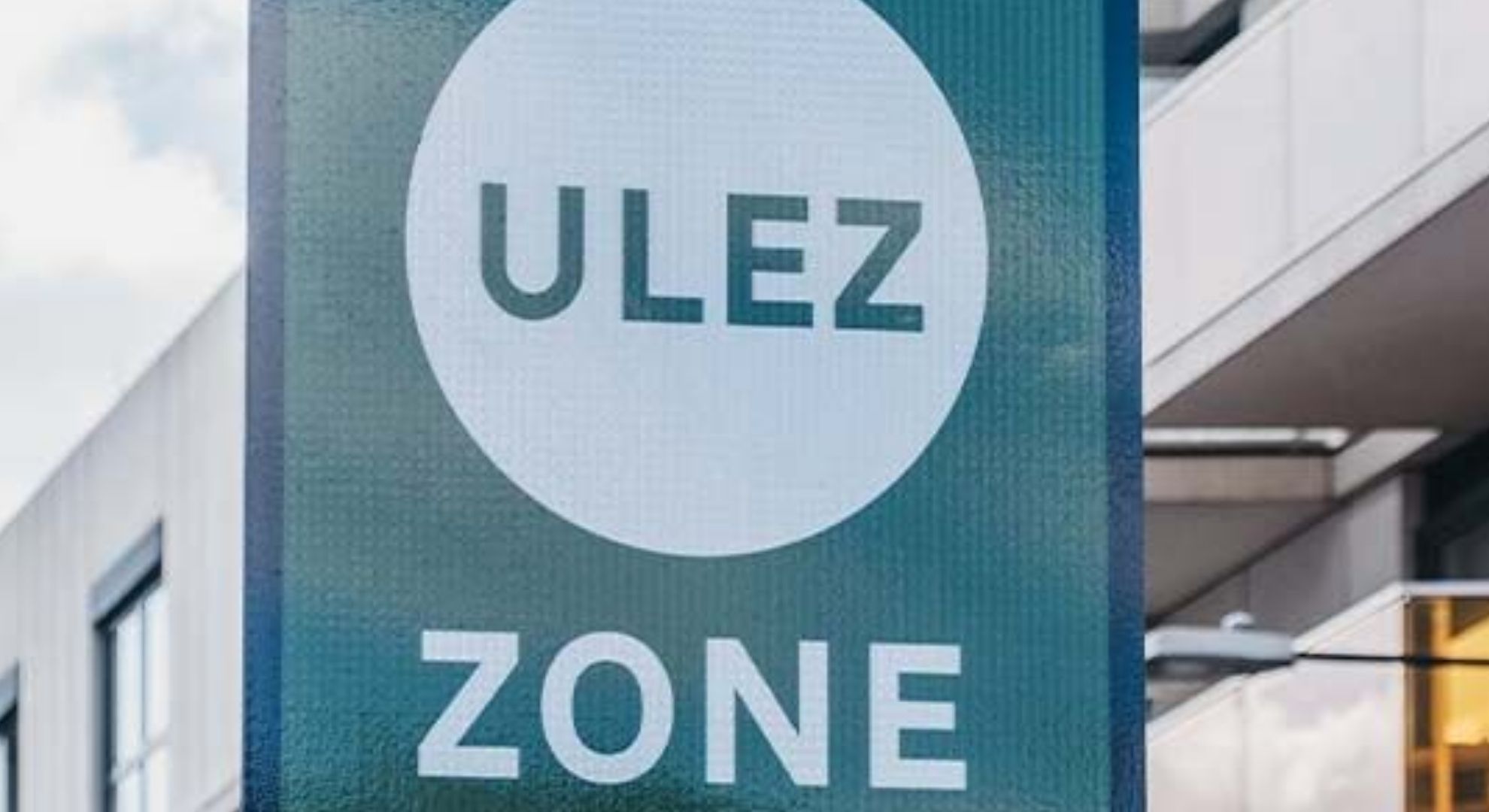If you want to sell your car at the best possible price, it’s important to consider the major factors that influence resale value.
Market demand is one of the key valuation variables. In simple terms, market values for individual car models are shaped by supply and demand.
So, if demand for a particular car outpaces the available supply, prices for that model are likely to rise. Conversely, if there’s little consumer interest in a different model that’s flooded the market, prices will fall accordingly.
In this guide, we’ll break down the variables that can drive market demand up or down. We’ll also cover how wider macroeconomic trends come into play.
Understanding changing market value trends, along with other relevant valuation factors can help you choose the best time to sell your car and maximise your returns.
Get a free valuation
What can cause changes in car value?
Resale values for any car model can fluctuate as factors within our environment cause consumer demand to rise or fall.
In this section, we’ll explore all the major factors that can contribute to changes in market demand and car value:
-
Seasonality
Demand for various car models changes throughout the year due to seasonal consumer preferences.
For instance, drivers are more inclined to buy convertibles in the spring and summer, when the weather favours top-down driving. Conversely, demand for SUVs and 4x4s peaks during the colder months, thanks to their reliability in the sleet, rain, and snow.
-
Weather
The weather conditions can affect prices at car dealerships, but it usually takes more than a single day of adverse weather for dealers to mark their motors down.
However, during long stretches of cold, wet, and miserable weather (and extended heatwaves), fewer customers tend to walk into car dealerships - and they start to lose money. So, with the weather against them, dealers often drop their prices to encourage more walk-ins.
Private sellers often experience the same weather-dependent lulls. So, if you’re selling your car privately, pay attention to the weather forecast. If there’s a long spell of bad weather around the corner, you might need to adjust your price to remain competitive.
It’s important to note that due to the UK’s temperate climate, the weather doesn’t affect dealers’ prices too often. Nevertheless, it’s worth keeping an eye out!
-
Plate changes
In the UK, new number plates are launched at the beginning of March and September each year.
Whenever a new plate arrives, cars registered during the previous six months lose the prestige of having the latest registration – and a chunk of their resale value. So, if you want to get the best price for your nearly new motor, aim to sell it well ahead of the next plate change.
For older cars, this is less of a concern, as the value loss caused by a plate change is more minimal.

Seasonality can be a factor, like a convertible being more desirable in the summer, while SUVs peak in winter.
Regional trends
Where you sell your car will also affect its value. The level of demand for certain car types will vary depending on whether you’re in the city, suburbs, or countryside.
Buyer preferences at a local level are also shaped by the availability of infrastructure such as EV chargepoints, local legislation, and the driving style on roads in the vicinity.
-
Local and regional demands
The type of car that private buyers are looking for will be influenced by their regular driving style:
- People who spend most of their time driving within the city may favour compact cars that can easily squeeze in and out of busy lanes. For instance, compact models such as the Toyota Yaris, often sell well in urban areas where there is a strong preference for easy manoeuvrability.
- Diesel cars are great for commuters who regularly make long motorway journeys. However, they’re less suited to regular short trips in built up areas, due to the constant stop/start driving style.
-
Chargeable zones
If you have an electric vehicle (EV), you can expect more demand if you’re selling near a Clean Air Zone (CAZ), London’s ULEZ, or a similar chargeable emissions zone. These zones levy daily charges on cars that fall below their minimum emissions thresholds.
Car buyers who regularly drive within these areas will seek greener options (such as hybrid cars and EVs) to avoid daily emissions zone charges. This has a positive effect on the values of compliant cars within these catchment areas.
So, to get the most competitive offers for your electric car, you should prioritise selling in those areas.

Regional demand affects car values, especially with ULEZ and Clean Air Zones making EVs and hybrids more desirable in cities.
Macroeconomic conditions:
Zooming out a little, there are also macroeconomic factors to consider. Whilst you can’t directly influence these variables, it’s well worth learning about how they shape car values individually and collectively.
If your goal is to maximise your returns, it’s important to track macroeconomic trends. When certain variables align, they could create the ideal market climate for selling your motor at a profit. In other cases, it may be wiser to bide your time until the market picks up again.
Let’s explore the key macroeconomic trends that influence car value:
-
Inflation
As inflation rises, consumer buying power drops. When household budgets get tighter, buying a car becomes less affordable and demand drops, along with car resale values.
Conversely, when inflation falls, buying power increases, and more consumers are inclined to buy cars. This increase in consumer demand often leads to a rise in new and used car prices.
-
Employment rates
When employment rates are higher, consumers have more buying power, which boosts car resale values.
However, when more people are unemployed, fewer are in a position to buy a car, which causes car values to drop across the board.
-
Recessions and economic growth
Whether the overall economy is growing, stagnating, or shrinking will influence your car’s resale value. If the economy grows, people will have more economic power, meaning demand for big-ticket items such as cars will increase - and vice versa.
-
Automotive supply chain health
Several factors can negatively impact new car production, including slow manufacturing and shortages of essential components. For example, the global semiconductor shortage significantly delayed car production during and after the COVID-19 pandemic.
When this happens, consumer demand will exceed the available supply, causing new car prices to rise. As a result, some buyers will turn to the second-hand market, driving up used car resale values as a secondary effect.
-
Fuel prices
When fuel prices rise, the cost of running a petrol or diesel car increases, making ownership less attractive. Reduced demand for traditionally fuelled cars typically leads to lower resale prices.
High fuel prices can also boost demand for electric and hybrid cars, as buyers are looking to cut their regular running costs. Therefore, selling your EV during a fuel price rise could help you get more cash for it.
-
Technological advancements
Many modern cars come equipped with advanced features such as Bluetooth, Apple Connect, Google Play, parking sensors, heated seats, and lane departure warning.
As drivers become accustomed to more refined technology, demand for older used cars that lack these features drops off. A once-respectable 15-year-old saloon may now appear rather basic in terms of technology compared to models from the last five years.
-
Currency fluctuations
Exchange rate fluctuations can also impact the supply of cars and automotive components imported to the UK (as well as those manufactured in the UK and exported to foreign markets).
With higher import costs, the supply of new vehicles will fall, causing an increase in new car prices. As a result, demand will shift to the used car market, increasing used car resale values.
-
Government incentives
The UK Government is currently offering a range of incentives to encourage widespread adoption of EVs. This includes grants towards the installation of EV chargepoints for workplaces, landlords, and residents at certain properties.
EV owners are exempt from paying road tax until April 2025, after which they will be charged a lower rate than other drivers. Anyone using an EV as a company car will also enjoy the lowest benefit-in-kind (BiK) tax rate.
Such incentives help to boost EV values - and serve to reduce the appeal of traditionally fuelled cars.
-
Government policy
Government policy can also have an impact on the values of specific car types.
As the 2030 ban on the sale of new internal combustion engine (ICE) cars drawers nearer, it is expected that resale values for ICE cars will fall. Additionally, from 2035, the Government also plans to ban the sale of new hybrid and liquid petroleum gas (LPG) cars, which is likely to have a similar impact on the values of affected models.
As we mentioned earlier, any cars that don’t meet the minimum emissions requirements of chargeable zones such as the ULEZ and CAZs have suffered significant value loss.
If the Government decides to introduce new zones, or stricter emissions requirements in the future, this may further reduce the resale values of high polluting cars.
-
Brand reputation
It’s no secret that public opinion can shape the demand for certain car makes and models.
Manufacturers and models that are perceived to be safe, reliable, and comfortable are often in much higher demand, which means these cars will fetch a higher price.
On the other hand, resale values for models and manufacturers that have been subject to recalls, poor public sentiment, and scandals will suffer as a result.

The UK economy impacts car resale values through inflation, employment rates, economic growth, supply chain issues, fuel prices, and government policies.
Public perception vs the true state of the market
How people feel about the car market can have as big an impact on demand and prices as its true health.
It’s important to pay attention to public perception, as this is a key driver of consumer behaviour, demand, and price points for both new and used cars.
This is tied directly to the principle of supply and demand.
If buyers believe that demand for a particular vehicle is high, they are more likely to buy it quickly, fearing that prices will surge, and the supply will run out. This holds true, even if the actual demand for the car is far lower than the general public’s estimation.
You can observe this kind of behaviour when headlines warn of fuel price hikes and a struggling economy. Potential car buyers will become hesitant, and sales will slow, causing car values to fall, even if the broader market is performing well!
This principle can be extended to the consumer behaviour we’re seeing around EVs too. Although EVs aren’t yet the dominant powertrain in terms of sales, their popularity in the national conversation, and the perception that they are the way forward has helped to drive up demand and pricing.
Market demand vs resale value: What’s the difference?
An important distinction should be made between market demand and resale value:
- Market demand refers to the general desirability of your vehicle at a given point in time. As highlighted above, demand for any vehicle will be impacted by external factors such as seasonality, market trends, and brand popularity. All these factors are beyond your control but may impact your car’s value.
- Resale value refers to the amount your car may sell for on the used market - and is dependent on many tangible factors such as its age, mileage, and condition. You can positively influence your car’s resale value by keeping up with regular maintenance, reducing wear and tear, and investing in timely repairs and replacements.
Of course, resale value is also influenced by market demand. So, if you’re aiming to get the highest possible price, this should also factor into your decision on when to sell your car.
By understanding both concepts, you should be better equipped to anticipate how external market trends and your personal maintenance efforts will impact the long-term value of your vehicle.
Tracking your car’s value and anticipating market trends
Now we’ve covered how market demand affects car values and the factors that contribute to changes in value. So, how can you monitor market trends and track your own car’s value?
Here are a few useful tips to help you get the full picture:
- Stay up to date with reputable news sources: Keep up with emerging trends, technological advancements, and shifting customer demands by regularly reading trusted automotive publications.
- Use Google Alerts: By creating alerts for keywords such as ‘electric vehicle demand’ and ‘car market news’, you can ensure you receive the latest updates in your inbox.
- Keep an eye on fuel prices: Track the latest fuel prices and read up on how any changes are affecting prices for ICE cars, hybrids, and EVs.
- Track competitor activity: To gauge how market demand is affecting resale values in real-time, track the prices of your car model and its competitors at dealerships and on car-selling websites.
To track your own car’s value, enter your reg number and mileage into our free car valuation tool. Provide as much detail as you can about its condition and history to ensure an accurate valuation.
You can get a fresh valuation at any time, making it easy to track any changes and trends over time.


